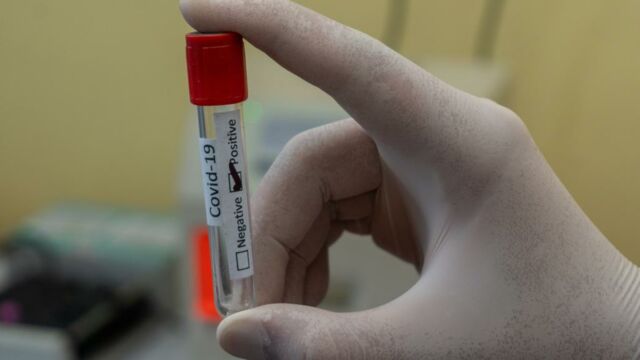On Monday, December 27, official documents from the UK Health Security Agency disclosed the overall number of Omicron cases, which stands at 159,932 positive test findings. What makes this mutation so contagious? According to preliminary studies, Omicron's spike protein, which has up to 36 mutations, is more successful at invading human cells than Delta's spike protein or the original coronavirus.
Discover our latest podcast
Omicron can infect cells more quickly and easily, according to pre-print research published in medRxiv. Researcher Wilfredo Garcia-Beltran commented,
Strikingly, Omicron was four-fold more infectious than [the original coronavirus] and two-fold more infectious than Delta.
Transmissibility
According to other researchers and scientists worldwide, Omicron has been highly contagious and becoming a cause of concern. While Omicron appears to induce a milder infection, bringing relief to many, its great transmissibility remains a concern. Scientists are still worried that hospitals may be pushed to breaking point as a result of the rapid expansion of this unique variation.
This is especially true in locations where the number of unvaccinated people is higher. Because the virus can spread more quickly, more people who are at risk of being ill from it may become unwell at the same time, putting the NHS under strain. Fortunately, the number of deaths has continued to fall. However, despite an increase in hospital admissions in the UK, Prime Minister Boris Johnson has yet to impose any limitations to slow the spread of infection.
Booster shots are lifesaving
According to the latest figures from the UK Health Security Agency, there were 407 hospitalizations and 39 deaths. When the data is broken down, London is the most common location for Omicron instances, followed by the South East. Meaning, booster shots are the only way that can help curb the spread.
On Boxing Day, 22,983 people received their booster shots making the total number of people who have received a booster shot 32,480,361. Meanwhile, the number of patients infected with Omicron is surging up more than 30 per cent from the previous week. England's health secretary, Sajid Javid, has stated that no more measures will be taken before the new year. While other parts of the UK are already subject to new restrictions.















